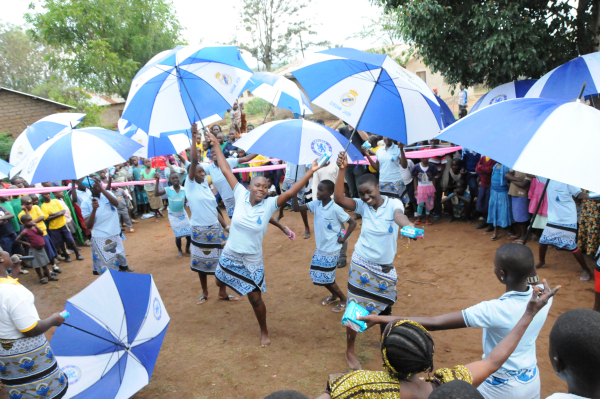
Mission
Maji Safi Group (MSG) promotes health and disease prevention in underserved and impoverished areas through holistic community empowerment and by working predominantly with local women and youth.
Life Challenges of the Women Served
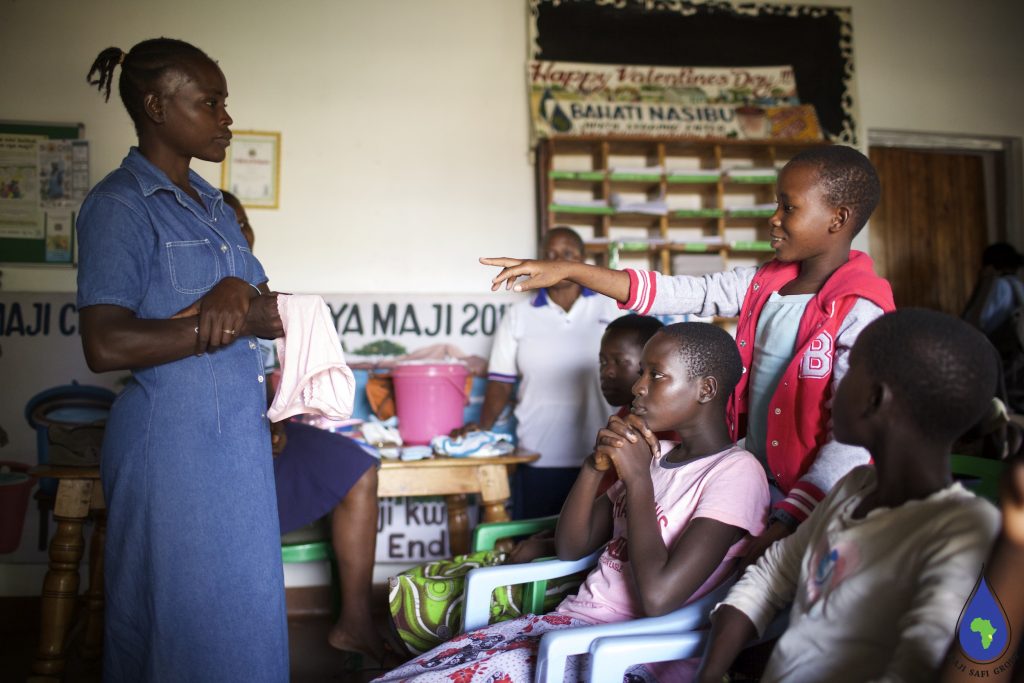 MSG works in the Mara Region of Tanzania. The 265,000 residents in this region are MSG’s main beneficiaries. In this remote and impoverished area, located on the shores of Lake Victoria in northeastern Tanzania, the residents primarily rely on fishing and subsistence farming for their livelihoods. Infrastructure and lucrative commercial interests in the area are at a minimum.
MSG works in the Mara Region of Tanzania. The 265,000 residents in this region are MSG’s main beneficiaries. In this remote and impoverished area, located on the shores of Lake Victoria in northeastern Tanzania, the residents primarily rely on fishing and subsistence farming for their livelihoods. Infrastructure and lucrative commercial interests in the area are at a minimum.
Fifty percent of illnesses in the Rorya District come from preventable water-related diseases, and 99 percent of all drinking water is contaminated with coliform, a bacterium commonly associated with diarrhea. There is no government-managed running water in the Rorya District, so women and girls are heavily burdened with collecting water for their households. Due to the high level of contaminated drinking water, lack of proper sanitary facilities, poor hygiene education, and a large number of individuals living with undetected diseases, personal and public health are at risk.
There is a huge disparity in educational attainment throughout Tanzania, especially for women. Thirty-one percent of females in rural areas, like the Rorya District, have never attended any level of school. Thirty-three percent of the population in the Mara Region has no formal education at all. In addition, a cultural taboo around menstruation and a lack of proper sanitary facilities at schools put girls at further risk of failing in their pursuit of education and reaching their full potential.
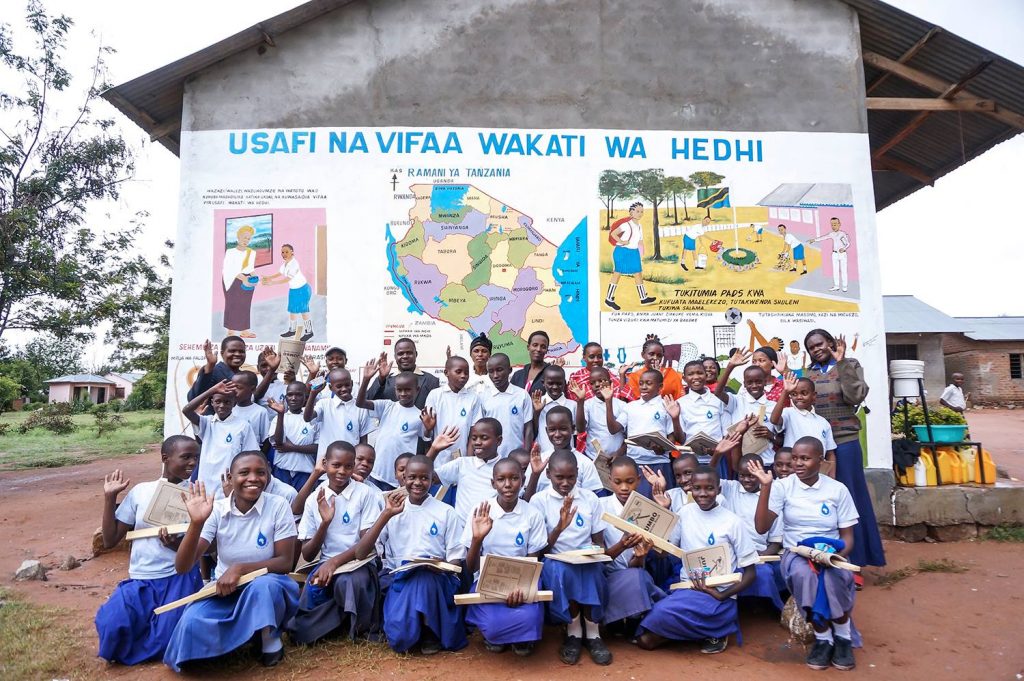 MSG’s Female Hygiene Program conducted a baseline survey in March 2017 of 273 primary and secondary school girls (ages 9-19) to identify their attitudes towards menstruation and its relationship to school attendance as well as their perceptions of Menstrual Hygiene Management (MHM). The results revealed that 63 percent of the survey participants had already begun menstruating, 29 percent had missed at least one day of school in the last six months due to menstruation, and 5 percent had missed more than 10 days for various reasons. It was reported that feeling pain (22 percent), being worried that blood will leak through their pad or cloth (16 percent), feeling scared to be around boys and men (5 percent), feeling dirty (5 percent), and feeling ashamed (1 percent) were all reasons that girls found it difficult to concentrate on their studies while menstruating.
MSG’s Female Hygiene Program conducted a baseline survey in March 2017 of 273 primary and secondary school girls (ages 9-19) to identify their attitudes towards menstruation and its relationship to school attendance as well as their perceptions of Menstrual Hygiene Management (MHM). The results revealed that 63 percent of the survey participants had already begun menstruating, 29 percent had missed at least one day of school in the last six months due to menstruation, and 5 percent had missed more than 10 days for various reasons. It was reported that feeling pain (22 percent), being worried that blood will leak through their pad or cloth (16 percent), feeling scared to be around boys and men (5 percent), feeling dirty (5 percent), and feeling ashamed (1 percent) were all reasons that girls found it difficult to concentrate on their studies while menstruating.
Less than 20 percent of women between ages 20 and 24 in the region have completed secondary school. Twenty percent have no schooling, and Mara Region girls have a dismal 67.5 percent pass rate for the primary school exit exam. Cultural taboos and their mothers’ lack of knowledge and communication about MHM have hampered many girls’ understanding of the topic. Due to a lack of education around MHM, young women often show signs of low self-esteem, which contributes to low academic performance. Uninformed young women lose confidence in themselves and tend to perform poorly at school while menstruating. Young women in rural Tanzania are embarrassed to attend school while menstruating due to the lack of latrines and clean water on school grounds and the unaffordable nature of sanitary materials. Eighty percent of women living in these areas face challenges because of a lack of education on MHM.
Sub-Saharan schoolgirls are highly likely to be absent for three to four days per month instead of managing their periods on school grounds. Girls are faced with stigma, fear, and embarrassment due to the inability to manage menstruation properly. This is gender discrimination.
The Project
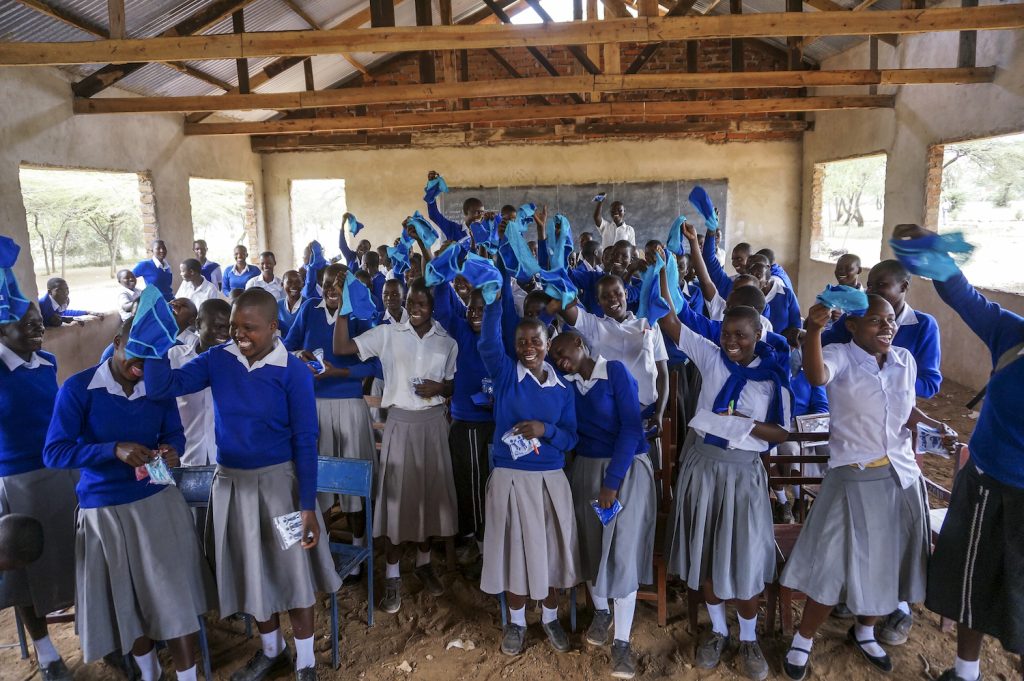
Product: Be Girl PeriodPanty TM
The ultimate goal of MSG is to empower young women in the Mara Region to stay in school and better able to contribute to the economic growth of their community. Through this project, MSG will focus on three objectives: 1. To reduce school absences and build self-confidence related to menstruation; 2. To spread awareness about MHM; and 3. Provide sustainable long-term access to Water, Sanitation, and Hygiene (WASH) products including sustainable menstrual cups.
MSG will change beliefs and behaviors through vocal empowerment exercises and MHM lessons taught via motivational songs, dances, and skits, written and choreographed by participating girls and Community Health Educators (CHEs). The local community and women being served play a crucial role in developing solutions to their own health issues. For optimal sustainability and effectiveness, MSG uses participatory methods when designing and implementing interventions.
MSG has already established Female Hygiene Health Clubs teaching MHM curriculum in participating schools in four wards of the region. The DFW grant will be used to help increase reach to schools in an additional five wards. Working alongside their teachers, Female Hygiene Program participants will start the clubs, ensuring that the education gained is passed on to future students for years to come. Student participants will decide how their clubs operate and what topics should take priority when they teach their community. The girls will share their knowledge with thousands in their communities through public performances, talent and knowledge competitions, murals, and large communal meals with their female guardians.
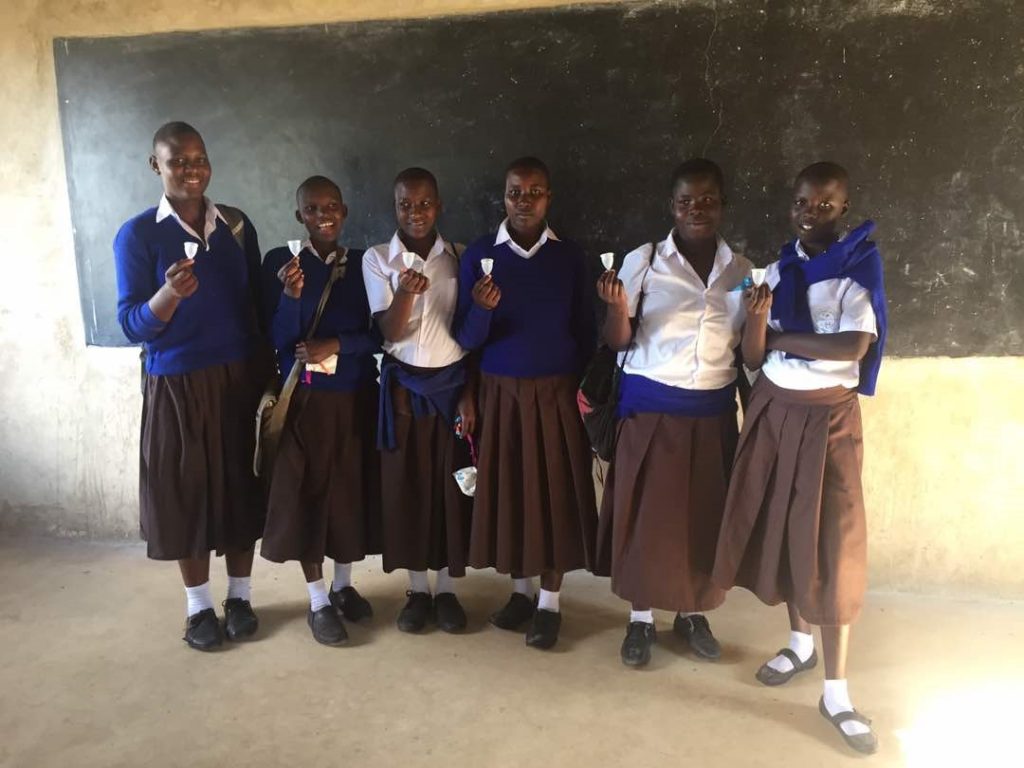
Product: Monthly Cup
All program participants will be offered two types of menstrual products: reusable pads that last for one year or a menstrual cup – a sustainable menstrual product that lasts up to 10 years. MSG will create shows and murals about the menstrual cup, so young women become more familiar with the product and confident using them. It is estimated that 50 percent of girls will choose a menstrual cup.
By the end of the proposed two-year period, MSG will have positively impacted the education trajectory of young women by encouraging female leadership, increasing self-esteem and reducing self-reported school absences related to menstruation to 20 percent or less, compared to the 39 percent reported in a 2017 baseline survey.
Year 1 – Direct Impact: 4,242, Indirect Impact: 81,500
Year 2 – Direct Impact: 5,748, Indirect Impact: 82,500
UN Sustainable Development Goals
![]()
![]()
![]()
![]()
Questions for Discussion
- How do you think the design of this project lends to its future sustainability?
- How do you think the menstrual cup will change the lives of women in the Mara Region?
- What do you think is the key to developing cultural acceptance of effective feminine hygiene and reducing the stigma surrounding a woman’s period?
How the Grant Will be Used
DFW’s grant of $49,995 over two years will be used for a portion of the following:
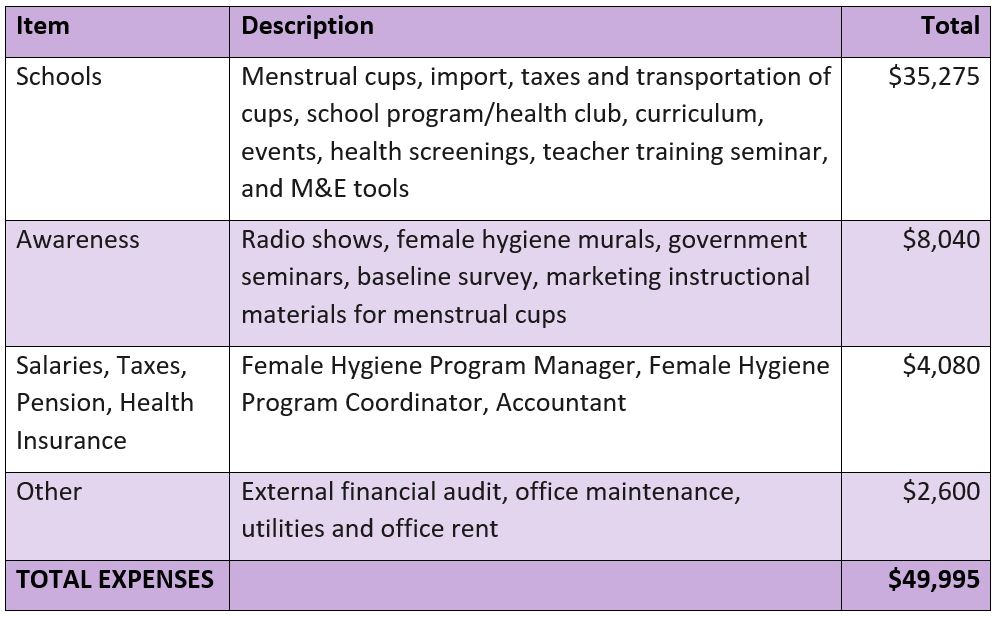
Why We Love This Project/Organization
We love Maji Safi Group’s long history of participatory community development on issues of Public Health in the Mara region of Tanzania. This project aims to positively impact the educational trajectory of adolescent girls by keeping them in school and encouraging leadership and self-esteem, while reducing the cultural stigma around menstrual hygiene and the introduction of sustainable products like menstrual cups.
Evidence of Success
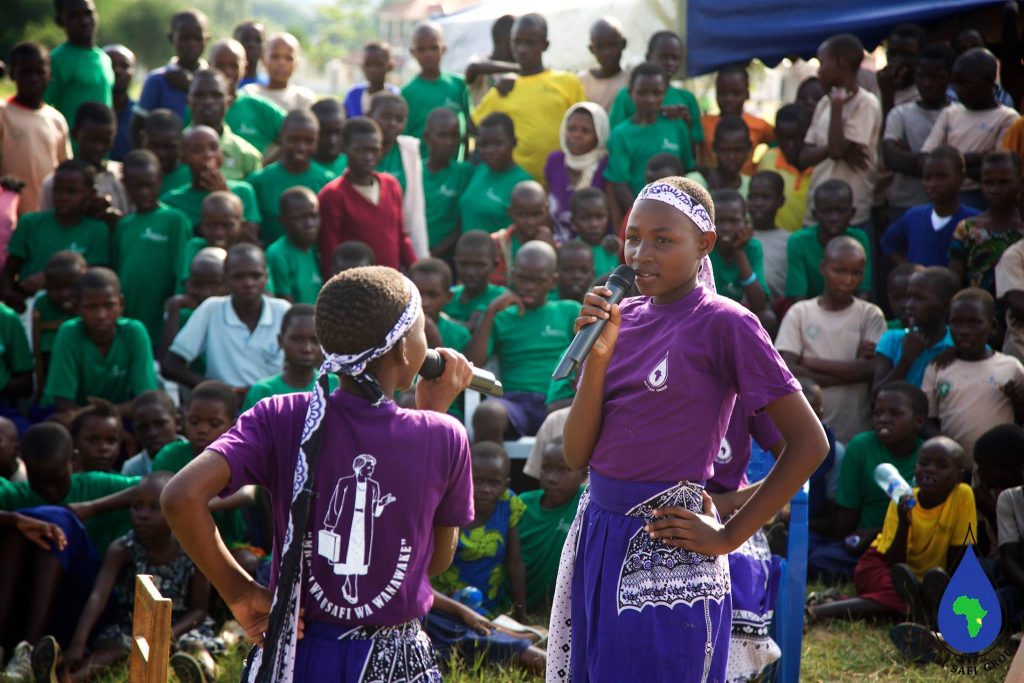 MSG helps its beneficiaries by teaching WASH education, including water treatment and storage, promoting behavioral change, and advocating for the importance of receiving early health screenings. Since 2012, CHEs have directly taught 225,500 community members. In 2017 alone, they directly taught 38,500. MSG especially seeks out women and girls for its programs as they are the main water collectors and caregivers and are in a prime position to be changemakers in their communities.
MSG helps its beneficiaries by teaching WASH education, including water treatment and storage, promoting behavioral change, and advocating for the importance of receiving early health screenings. Since 2012, CHEs have directly taught 225,500 community members. In 2017 alone, they directly taught 38,500. MSG especially seeks out women and girls for its programs as they are the main water collectors and caregivers and are in a prime position to be changemakers in their communities.
The MHM program has already reached 14,013 girls in four wards. MSG uses qualitative and quantitative data to analyze its impact. In 2015, MSG started its annual Health Screening Program, designed to show the disease rates among program participants compared to those of community members without MSG education.
MSG’s WASH and MHM education will boost understanding and self-confidence, leading to improved test scores by keeping girls in school during menstruation. In 2017, they saw a 5 percent decrease in menstruation-related school absences just six months after implementing the education.
Voices of the Girls
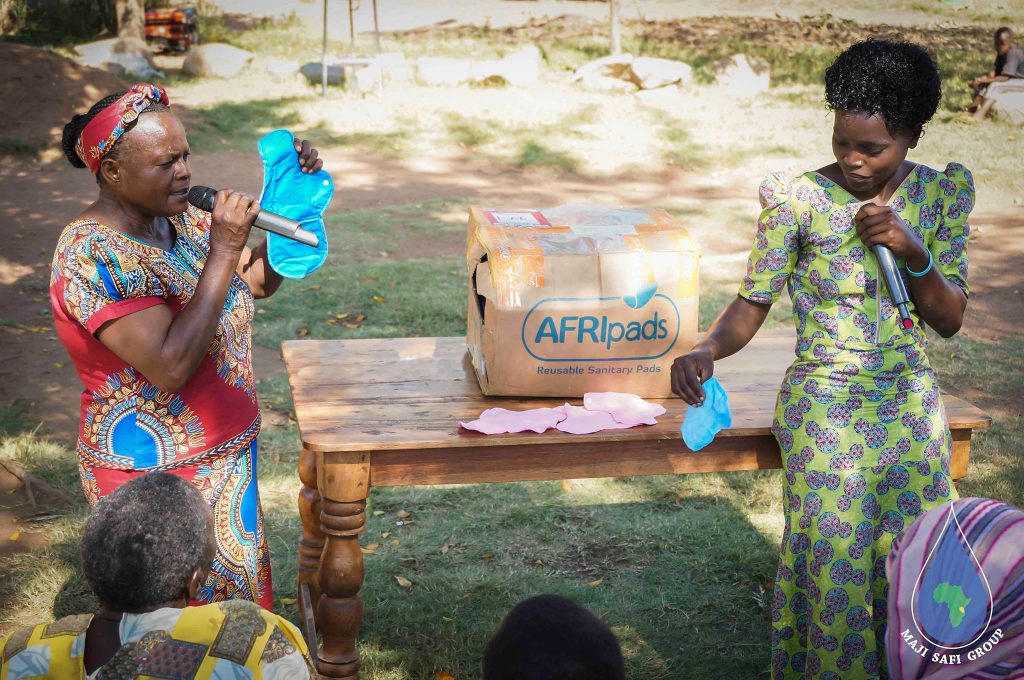
Product: AFRIpads
“I go to Maji Safi Group every Saturday to receive education about cleanliness during menstruation. I like to learn about different menstrual products that are available for use, such as tampons, reusable pads, disposable pads, cloths, and menstrual cups. I especially like menstrual cups because no one knows I am on my period when I wear it, and I feel free to do anything, including household chores and going to school – all while menstruating!”
“I go to school without worries when I am on my period because I don’t have to use the washroom when I use my menstrual cup.”
“I have been using my menstrual cup for three months, and I feel free all the time when I am on my period now! I even feel clean and can do everything and go to school as if I were not on my period!”
“I have been using my menstrual cup for three months, and I feel free. I can go outside, even together with other people!”
“My name is Rozy Peter, and I am 16 years old. I started with the Female Hygiene Program when I was in class four, and now I have completed my class seven education. Maji Safi Group has helped me a lot regarding female health and hygiene issues, especially about my menstrual periods. Through this program, I have also learned about AFRIpads, the reusable pad, and I have even been given my own set of four pads for free! I would like the program to continue teaching us ladies about menstruation, so we understand better and can continue with our studies. Thank you, Female Hygiene Program, for teaching us, and I will continue with this program.”
“I am Velma Samweli. I am in my second year of secondary school. Through Maji Safi Group, I have learned about many things, including the proper way to use and dispose of different kinds of menstrual hygiene products, such as reusable pads and disposable pads. I have also learned how to keep myself clean during my menstrual period. I like the Female Hygiene Program at Maji Safi Group because it has made me become braver and more confident in dealing with my monthly period, especially while continuing to attend school. Because of what I have learned from Maji Safi Group, I am ready to use any type of menstrual hygiene product, and I look forward to future lessons.”
About the Organization
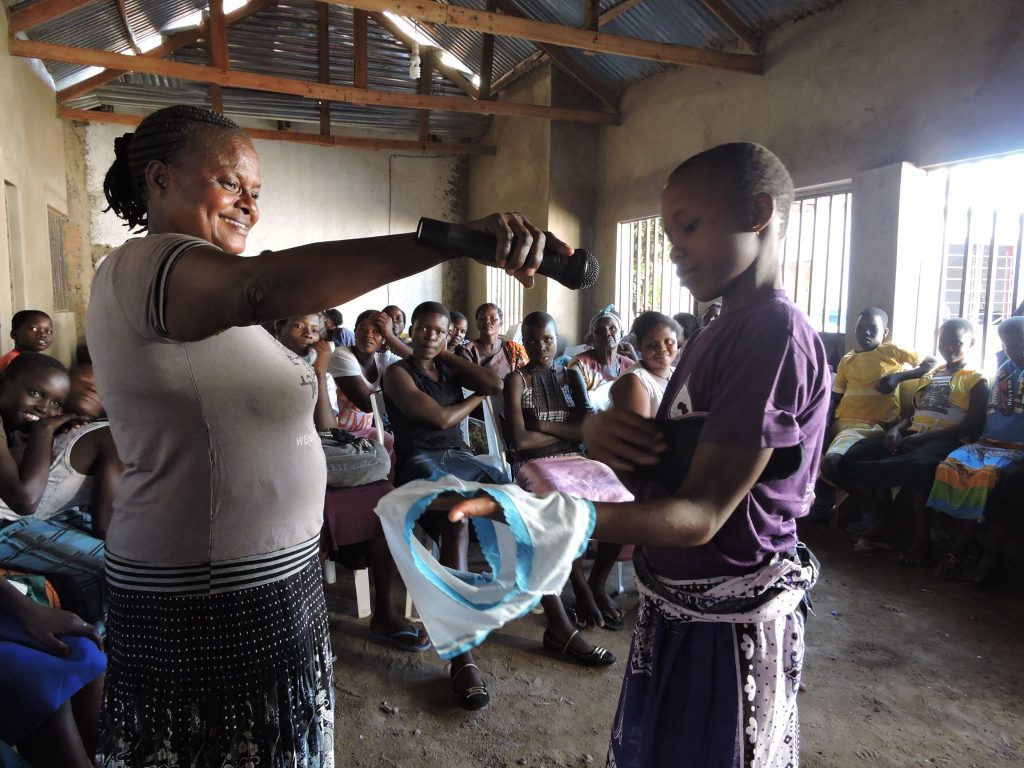 Maji Safi means clean water in Swahili. The Maji Safi Group (MSG) is a US 501(c)(3) with on-the-ground operations in the Mara Region of Tanzania. MSG was founded in 2012 by Max Perel-Slater and Bruce Maj Pelz with the goal of addressing the root causes of preventable waterborne diseases through Water, Sanitation and Hygiene (WASH) and behavioral change education and the promotion of healthy lifestyles. Their mission is based on a participatory development model that involves female community members in all aspects of their work. MSG employs and trains local residents to be full-time Community Health Educators (CHEs), most of whom (80 percent) are female. MSG works with CHEs and community members to create programs that teach disease prevention in a culturally appropriate manner in the local language. Their educational approach includes art, singing, dancing, sports, and fun community events that draw large audiences. MSG believes that by engaging communities with fun and interactive lessons on disease prevention, participants will gain the knowledge and motivation to improve their WASH behaviors.
Maji Safi means clean water in Swahili. The Maji Safi Group (MSG) is a US 501(c)(3) with on-the-ground operations in the Mara Region of Tanzania. MSG was founded in 2012 by Max Perel-Slater and Bruce Maj Pelz with the goal of addressing the root causes of preventable waterborne diseases through Water, Sanitation and Hygiene (WASH) and behavioral change education and the promotion of healthy lifestyles. Their mission is based on a participatory development model that involves female community members in all aspects of their work. MSG employs and trains local residents to be full-time Community Health Educators (CHEs), most of whom (80 percent) are female. MSG works with CHEs and community members to create programs that teach disease prevention in a culturally appropriate manner in the local language. Their educational approach includes art, singing, dancing, sports, and fun community events that draw large audiences. MSG believes that by engaging communities with fun and interactive lessons on disease prevention, participants will gain the knowledge and motivation to improve their WASH behaviors.
Where They Work
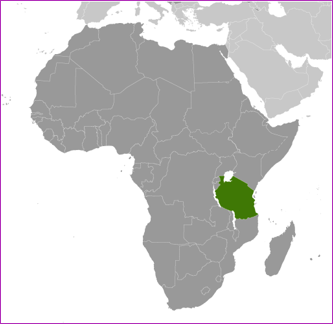
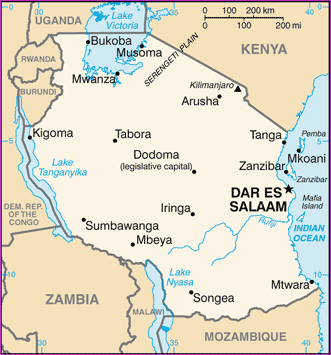
Tanzania is located in Eastern Africa, bordering the Indian Ocean, between Kenya and Mozambique. It encompasses an area more than six times the size of the U.S. state of Georgia, slightly larger than twice the size of the state of California.
Shortly after achieving independence from Britain in the early 1960s, Tanganyika and Zanzibar merged to form the United Republic of Tanzania in 1964. In 1995, the country held its first democratic elections since the 1970s.
It is the largest and most populous East African country; with a population of more than 55 million (July 2018 est.). The population distribution is extremely uneven, but greater population clusters occur in the northern half of country and along the east coast.
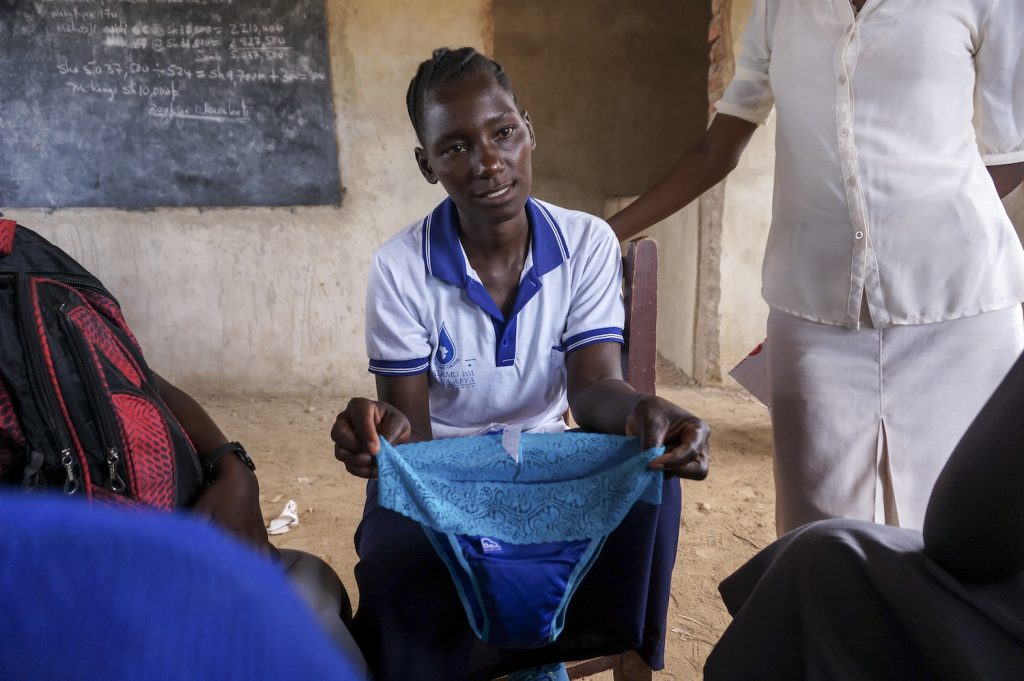
Product: Be Girl PeriodPanty TM
The mean age in Tanzania is 17.9 years (2018 est.). Tanzania’s youthful population – about two-thirds of the population is under 25 – is growing rapidly because of the high total fertility rate of 4.8 children per woman. The mean age in the country is 17.9 (2018 est.). Progress in reducing the birth rate has stalled, sustaining the country’s nearly 3 percent annual growth. The maternal mortality rate of 398 deaths/100,000 live births (2015 est.) has improved since 2000, yet it remains very high because of early and frequent pregnancies, inadequate maternal health services, and a lack of skilled birth attendants – problems that are worse among poor and rural women. The infant mortality rate is 38.7 deaths/1000 live births (2018 est.).
As in other African countries, the adult HIV/AIDS rate is high: 4.5 percent of the adult population is living with HIV/AIDS (2017 est.).
The literacy rate (age 15 and over who can read and write) is 77.9 percent of the population, with the male literacy rate being 83.2 percent and the female rate being 73.1 percent (2015 est.).
A Closer Look at Menstrual Cups
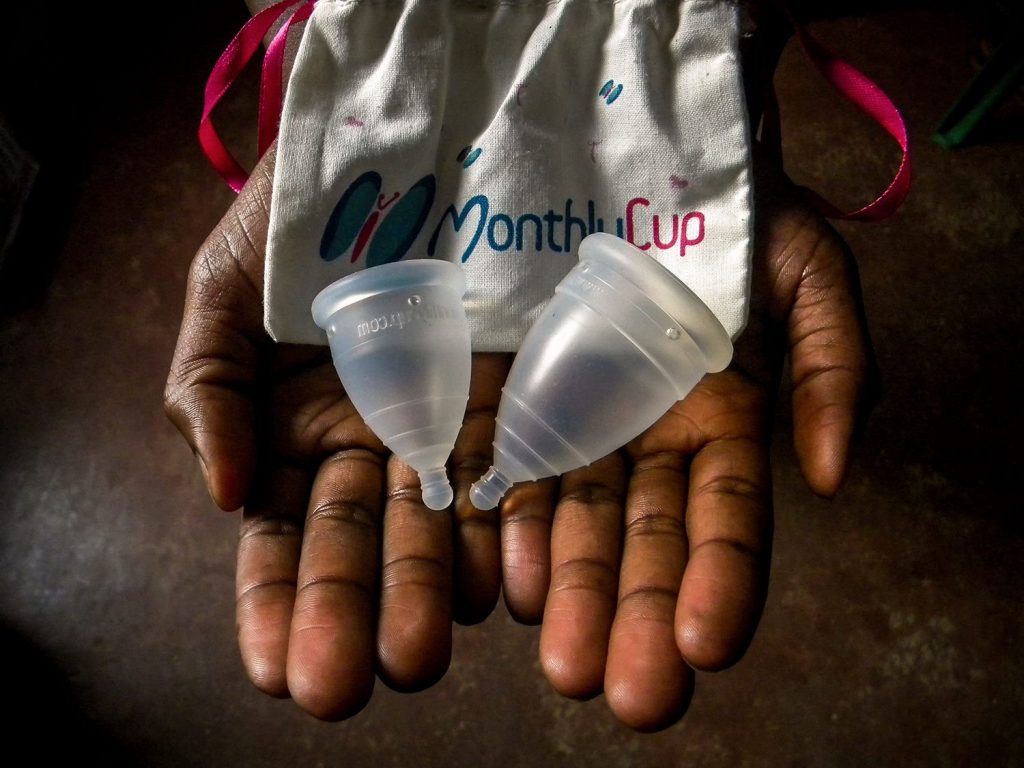
Product: Monthly Cup
A menstrual cup is a flexible device worn inside the vagina during menstruation to collect menstrual fluid. Menstrual cups are an over-the-counter alternative to pads and tampons. The first modern menstrual cups, similar to the current version, were invented in 1937 by American actress Leona Chalmers. She patented a design of menstrual cup which was made from latex rubber. Her patent application states that the design won’t cause “uncomfortableness or consciousness of its presence.” It also allowed women to wear “thin, light, close fitting clothing” without belts, pins or buckles that could show. During World War II, a shortage of latex rubber occurred, and the company was forced to stop production. After the war, in the early 1950s, Mrs. Chalmers made some improvements and patented a new design, however the cup did not gain popularity and it was discontinued in 1963. Menstrual cups were reintroduced in the late 1980s with the creation of “The Keeper.” This cup is made from latex rubber and is still sold today. In the beginning of 21st century a new material, medical grade silicone, was integrated into the design of many menstrual cup brands with great success.
During a woman’s period, the menstrual cup is placed into the vagina. Reusable menstrual cups are emptied when the cup is full, washed, and then placed back in the vagina. Generally, a menstrual cup can hold more menstrual flow than a tampon and can be emptied less frequently than one would need to change a tampon or pad.
The menstrual cups distributed by MSG can last up to 10 years with proper care. In countries where girls miss school every month because they cannot afford the cost of sanitary products, the cup can make a tremendous difference in their lives and empower them to get an education.
Source Materials
